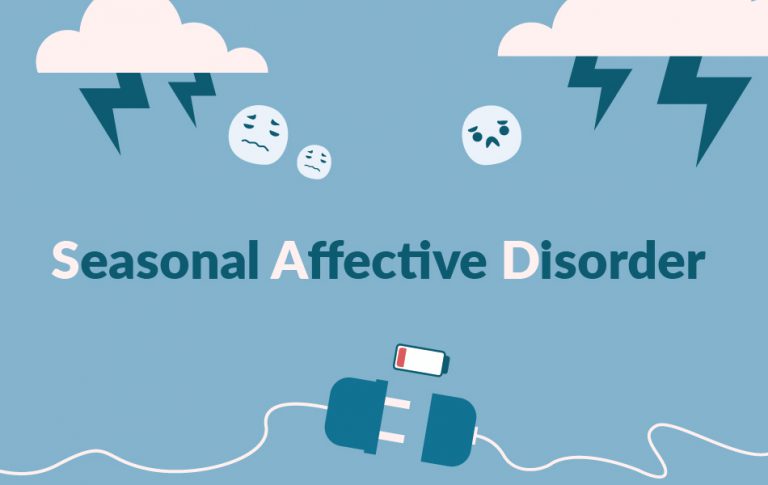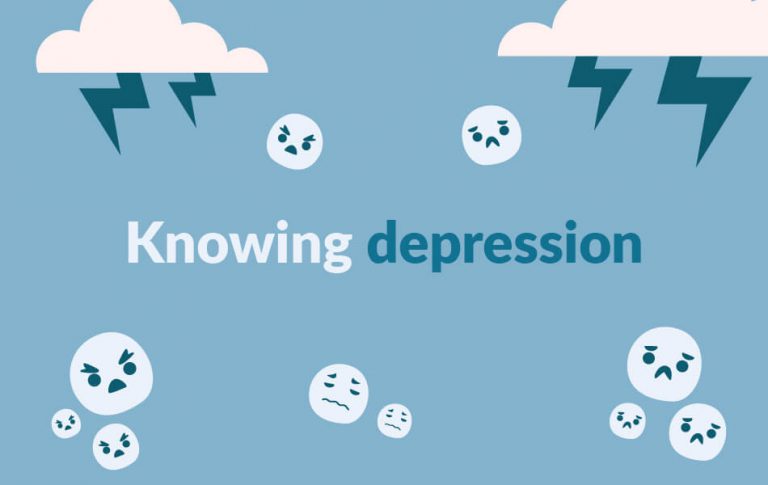On 9 August 1956 more than 20 000 women of different backgrounds, creeds and cultures came together to march to the union buildings in Pretoria.
The women of South Africa took a stand and fought for their rights. So on this day, we celebrate all the womankind in South Africa. The notion that a ‘woman’s place is in the kitchen’ had to be broken down, and the unjust laws had to be abolished.
Now 65 years later, women in South Africa are still facing obstacles in their daily lives. As we all know, gender-based violence against women in this country is significantly higher than those of other countries. In a study conducted by Cape town university, they’ve found that at least three women are killed every day by the hands of their partners and roughly 220 000 women apply for protection orders per year.
In a constant state of abuse or the fear thereof, women develop mental health conditions. In South Africa, mental health is very much a neglected topic. People tend to shy away from the conversation when it is brought up, and it is swept under the carpet due to certain stigmas of mental health in general.
Mental health can be defined as our emotional, psychological and social well-being. It ultimately affects how we think, feel and relate to everyday situations and stresses. Studies across the world have shown over and over again that women have significantly higher rates of anxiety and depression and are twice as likely to suffer from major depressive disorders.
So in this month’s blog article, we have decided to highlight the impact that mental health has on women in South Africa and provide you with some insight on how to improve your mental health. However, we urge all our readers to reach out to Zwavelstream Clinic if you’re not feeling yourself.

With the national lockdown in place, South Africans are starting to see the toll which it has taken, especially on women. When President Cyril Ramaphosa asked citizens to self-isolate for 21 days, the concerns that followed regarded the notion that women, primarily, were thrown into the deep end. Having to take care of work, the household and taking over the roles of educators, which has led to numerous women feeling depressed, overwhelmed and anxious. A “lockdown” survey was conducted by the University of Johannesburg’s centre for social change and the division of the human science research council. The survey suggested that 33% of South African adults were depressed and 47% felt fearful. It was also noted that 29% of adults felt lonely.
Those who have been living in abusive households before lockdown could no longer escape their abusers and were forced to live with them in self-isolation. The impact that this has had on women in the country is immeasurable thus leaving many with a fragile mental health condition.
By no surprise, South Africa is ranked as one of the most dangerous places if you’re a woman, and our society is far too familiar with gender-based violence against women and children. More than 120 000 women called the national abuse hotline in just the first three weeks. All of which has had a tremendous impact on our women and in turn, our society.
There is ample evidence to suggest that there’s a national pattern of negative emotional experiences. In some aspects, women are psychologically affected differently during the lockdown. Surveys suggest that women are more depressed and more apprehensive. This can be contributed to the fact that women have to somehow manage working from home, all the extra child-care and household tasks that never end.
Mental health issues existed long before the outbreak of corona, but the global pandemic has exacerbated these issues due to a lack of mental health care and support. The prevailing stigma of mental health has also left many women feeling helpless and prevents them from seeking treatment. Anyone struggling with Covid-19 or is at a higher risk of contracting the virus will have some sort of mental impact.
How you can start protecting your mental health
Amid the pandemic, it is quite easy to feel overwhelmed and anxious or even depressed. We have all been experiencing powerlessness, irritability and frustration. As much as we need to focus on lowering the spread of the virus, we need to take care of our mental health. Increase your mental resilience by trying the following tips:
Breakaway from the news for a while
After a point, the news can start causing more harm than good. Yes, stay up to date, but know where to draw the line. If the frequent and negative news makes you feel even more stressed out and anxious it is time to take a break. When you decide to get more info on the situation to ensure that you get the information from credible sources. It can be extremely upsetting listening to the death or infection toll daily. Rather focus your energy on situations that are fully in your control, and Covid-19 isn’t. Another great way to distract yourself from the current situation is to find activities that you enjoy. They may bring back some normalcy to your life. Make time to unwind and to take care of your own needs.
Your body is your temple, so take care of it
Eat healthily and get enough rest. When you’re feeling overly stressed or anxious remind yourself to take deep breaths. Exercise when you have the chance and avoid drugs and alcohol. Research has shown that when our bodies feel healthy and strong, so does our minds and our natural resilience increases.
Plan ahead for minimum social contact
During the lockdown, we are all socially distancing ourselves from one another and staying away from places where people normally tend to gather in large groups. However, in times of crisis, we all seek human connection and the comfort of others. This has led to many creative ways of maintaining these connections. Lucky for us, there are multiple ways/platforms of connecting with people. Check-in with friends and family often and make use of other means of communicating such as video calls or FaceTime.
Take care of your community
Taking care of yourself, friends or family can help you cope better with stress. Helping others in your community will straighten it. By knowing the facts, you automatically reduce stress and understanding the risks also goes a long way in reducing stress, especially with all the fake news floating around on the internet today. Sharing accurate and helpful information will help others reduce their stress levels too. In times like these, we need to all look out for each other and expressing kindness, patience and understanding are helpful to everyone.
Make time for your mental health
As you probably know by now, your mental health is just as important as your physical health. Unfortunately, we sometimes forget the importance of our mental health and we neglect it for a while. When we get sick we visit a doctor but when our mind gets “sick” we ignore it and carry on as usual. This will often only lead to making things worse for yourself. Connect with others that you trust and open up to them about your mental state. If you are already struggling with anxiety or depression continue with your treatment but be aware of new or worsening symptoms and seek the help of a professional if need be.
Helpful mental exercise
Write down a list of things that you can control and what you can’t control. If you have no control over these external factors, it’s best to let them go. The factors which you can control like adopting a positive attitude can then be focused on and incrementally developed and improved upon. Some factors which we have no control over might include the following.
Things out of our control:
- The actions of others
- Whether or not other people follow the safety precautions of Covid-19
- Predicting what will happen
- Sudden loss of income/job
- Other people’s motives
- How long the pandemic will last?
Things in our control
- Your positive attitude:
- Finding new work
- Making the most of your time at home during the lockdown
- Limiting news and social media
- Your kindness towards fellow citizens
- Following the social distancing measures in place
- Making the time to work on a new skill or hobby
On national women’s day, we celebrate the brave women of South Africa who took charge and stood up for their rights to be equal in our society. In a country faced with numerous gender-based challenges, it has become evident that the women of this country have had to face and endure hardship over and over again. All of which had a major impact on everyone’s mental health throughout the years.
Seeking help only when you’re in a crisis can be dangerous mentally. The certain stigmas placed upon mental health must be fought so the people who are struggling to cope can get the help they need, without feeling judged. Prevention is always better than cure, so we suggest taking our basic mental health quiz online for a quick assessment. However, if you feel that you need our help in improving your mental health get in touch with us.







